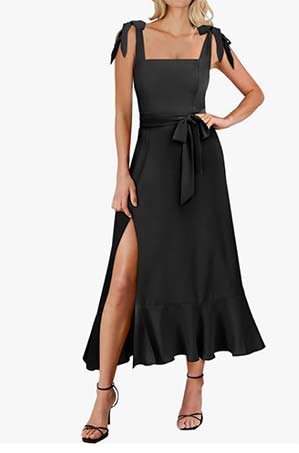The number one factor that determines your wedding budget is the size of your event. Do you both want to go larger than life, or are you more interested in an intimate affair? Do you prefer formal or informal? What are the most important factors that you want to spend the most money on?
wedding sizeWith a large ceremony, you may want to have a smaller reception. On the other hand, a smaller ceremony might require a larger reception. For a formal wedding, you will need to spend more money on your attire and a nice location. An informal wedding allows you to spend much less in those areas.
Perhaps you both want an impressive cake and are willing to downplay decorations in order to get it. This is an example of how certain elements will effect your overall wedding budget. Another important consideration for the reception is whether you will be hosting a full sit-down dinner or opt for a more casual banquet style of meal. The larger your guest list, the more you will need to spend for food and drink.
You also need to take a look at all of your sources of income, including help from family, to determine what you will be able to afford. It is wise to plan your wedding at least a year ahead, thereby giving you time to save a portion of your monthly income for wedding costs. Consider opening a separate savings account just for wedding expenses, so the funding does not get mixed up with your other finances. Openly discuss with both sets of parents how they will be able to contribute, and place any monetary funds they offer in the same savings account.
Develop a list of all the expenses you’ll have, as well as a list of who will cover what. Be sure to include everything from the bridal gown to the invitations. This is also the perfect time to chat with contributing family members about hiring a wedding consultant or event planner.

